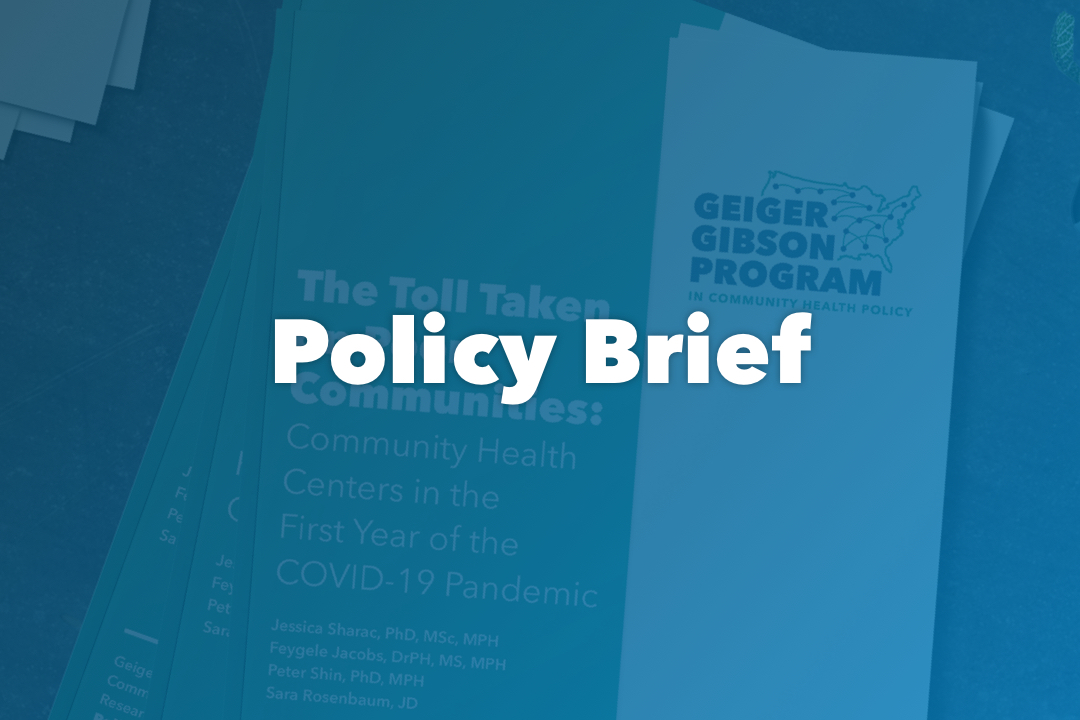In the midst of the coronavirus pandemic, community health centers are serving as public health responders, especially for medically underserved populations. A new issue brief from the Kaiser Family Foundation examines how health centers have adapted their service delivery models during the pandemic response and the current challenges they face continuing to meet patients’ needs. The brief presents findings based on focus group interviews with informants from 16 state and regional Primary Care Associations (PCAs) representing 750 health centers, as well as a supplemental questionnaire. Among the key findings are:
- Health centers have been an important source of testing in underserved communities, but have identified long wait times, and shortages in staffing and the supply of PPE, as barriers to adequate testing.
- Health centers are coordinating with state and local public health agencies to respond to the pandemic, by conducting testing and contact tracing, helping to secure reimbursement for telehealth visits, and ensuring access to services for vulnerable populations. These efforts have helped to ensure continued access to care and have been critical to health centers’ financial stability.
- Rapidly pivoting to telehealth was critical for health centers to continue seeing patients and to keep health centers financially solvent. However, despite success in shifting to telehealth, technological and cultural barriers remain for some patients and communities.
- Health centers are preparing for a vaccine, but questions remain about their role in administering the vaccine within their communities and the unique challenges they will face, including shipping and storage requirements, immunization of front-line staff, and the need to track multiple vaccine doses.
- Health centers are facing financial uncertainty on several fronts including the expiration of temporary provisions and authorizations related to Medicaid coverage and telehealth reimbursement when the public health emergency ends. While the recent reauthorizion of federal funding for the Community Health Center Program adds much needed stability during the pandemic, health centers have lost an estimated $4 billion in patient revenue since April 2020, and financial challenges remain going forward.
The researchers find that Health centers have made major adaptations to their service delivery models to address health care needs in the most vulnerable communities during the pandemic, despite enduring challenges. Still, with the end of the pandemic potentially in sight, shifting focus from the immediate response to longer-term recovery will help ensure health centers remain able to care for historically underserved communities during the pandemic and after its resolution.
The brief was authored by researchers from the Geiger Gibson/RCHN Community Health Foundation Research Collaborative at Milken Institute School of Public Health, George Washington University and the Kaiser Family Foundation. Additional funding support was provided by the RCHN Community Health Foundation.



